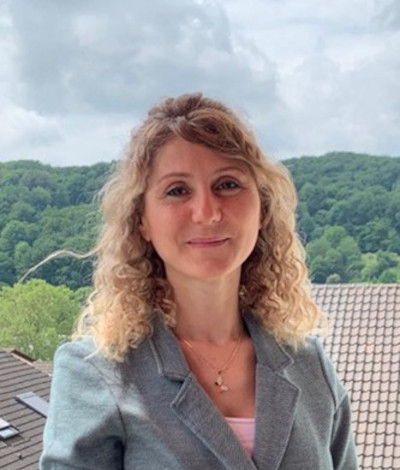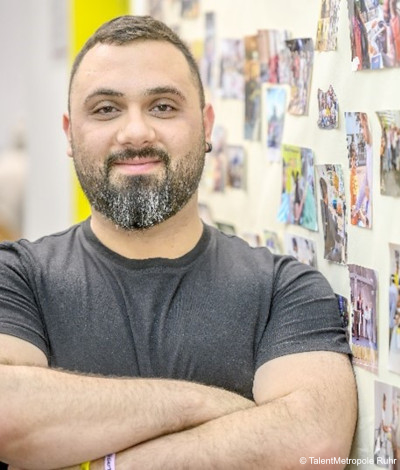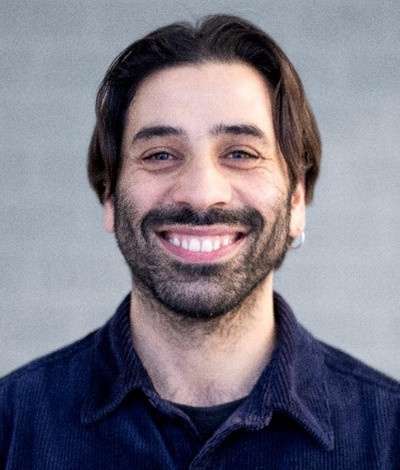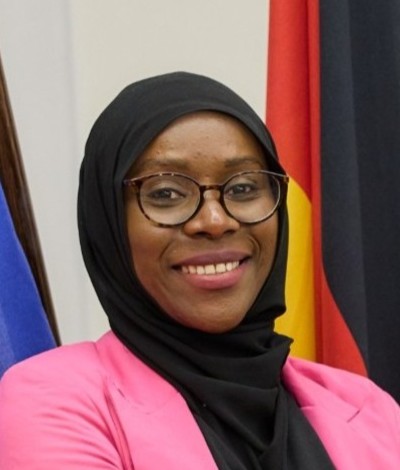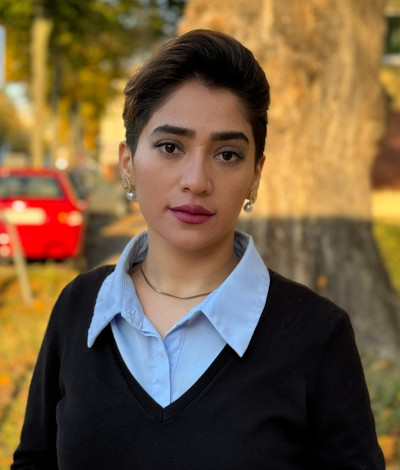The Refugee Advisory Board Germany was established to ensure that national and international decision-making is informed by the perspective and expertise of forcibly displaced people who provide critical feedback on international refugee issues and programmes. As the first national board of its kind in Europe, board members work together to contribute their insights to national and international dialogues and to participate meaningfully in policymaking.
Mission
To elevate the voices and expertise of refugees, asylum seekers and other forcibly displaced persons through their active and meaningful participation in policymaking processes at national and international levels. We foster collaboration with key stakeholders, incorporate the insights, expertise and lived experiences of forcibly displaced persons and advocate for equitable and rights-based solutions that promote sustainable pathways for the integration and inclusion of all displaced populations.
Vision
A world where the perspectives, experiences and expertise of forcibly displaced persons actively shape the development and implementation of equitable and effective policies that ensure the protection, empowerment, dignity, resilience and lasting integration of all displaced populations.
Creation of the Refugee Advisory Board Germany for Meaningful Refugee Participation
In June 2024, 3.3 million refugees and people seeking protection were living in Germany, making it one of the world’s leading host countries for refugees. In paragraph 34, the Global Compact on Refugees, adopted by the international community in 2018, specifically refers to meaningful refugee participation: “Responses are most effective when they actively and meaningfully engage those they are intended to protect and assist …”.
However, refugee participation in international dialogues has been slow to develop. At the first Global Refugee Forum (GRF) in 2019, only Canada included a refugee advisor in its national delegation, and the overall attendance of refugees was 2.3 per cent. For the First High-Level Officials’ Meeting in 2021, Germany and the United States followed Canada’s example and included refugee advisors in their delegations. In 2023, the number of refugees attending the GRF increased to 300, representing ten per cent of the total number of participants, and 13 countries included refugee advisors in their national delegations, totalling 16 refugees. This positive trend, however, is far from adequate.
The participation of affected refugee populations in policymaking is not only a moral obligation of states but also a strategy for developing sustainable policy responses. The implementation of refugee advice to governments needs to move beyond its ad hoc nature and be implemented in a structured, transparent and sustainable manner to support effective policy dialogues and outcomes.
Activities and Roles of the Refugee Advisory Board Germany
The members of the Refugee Advisory Board Germany play an active role in shaping global refugee policy. They join the German delegation as official members at key international meetings on refugee issues, such as the UNHCR ExCom meetings, the Global Refugee Forum (GRF) and high-level official meetings. Board members work to build the necessary structures to ensure that experts with lived experience of forced displacement can participate meaningfully in (inter)national policymaking, thus fulfilling Germany's commitment to their inclusion made at the GRF.
Board members are also actively involved in national socio-political processes and work closely with key German government agencies, including the Federal Foreign Office (AA), the Federal Ministry for Economic Cooperation and Development (BMZ) and the Federal Chancellery (Bundeskanzleramt). They participate in consultative meetings with ministries, civil society and UNHCR.
In addition, board members advise governmental and non-governmental actors on refugee-related policies at the national and transnational levels. To support these efforts, the board publishes policy briefs to inform and guide decision-makers. The board aims to strengthen the representation and amplification of refugee voices in (inter)national processes and policies related to forced displacement and refugee protection.
The Secretariat, which coordinates the activities of the board, is located at bicc.

